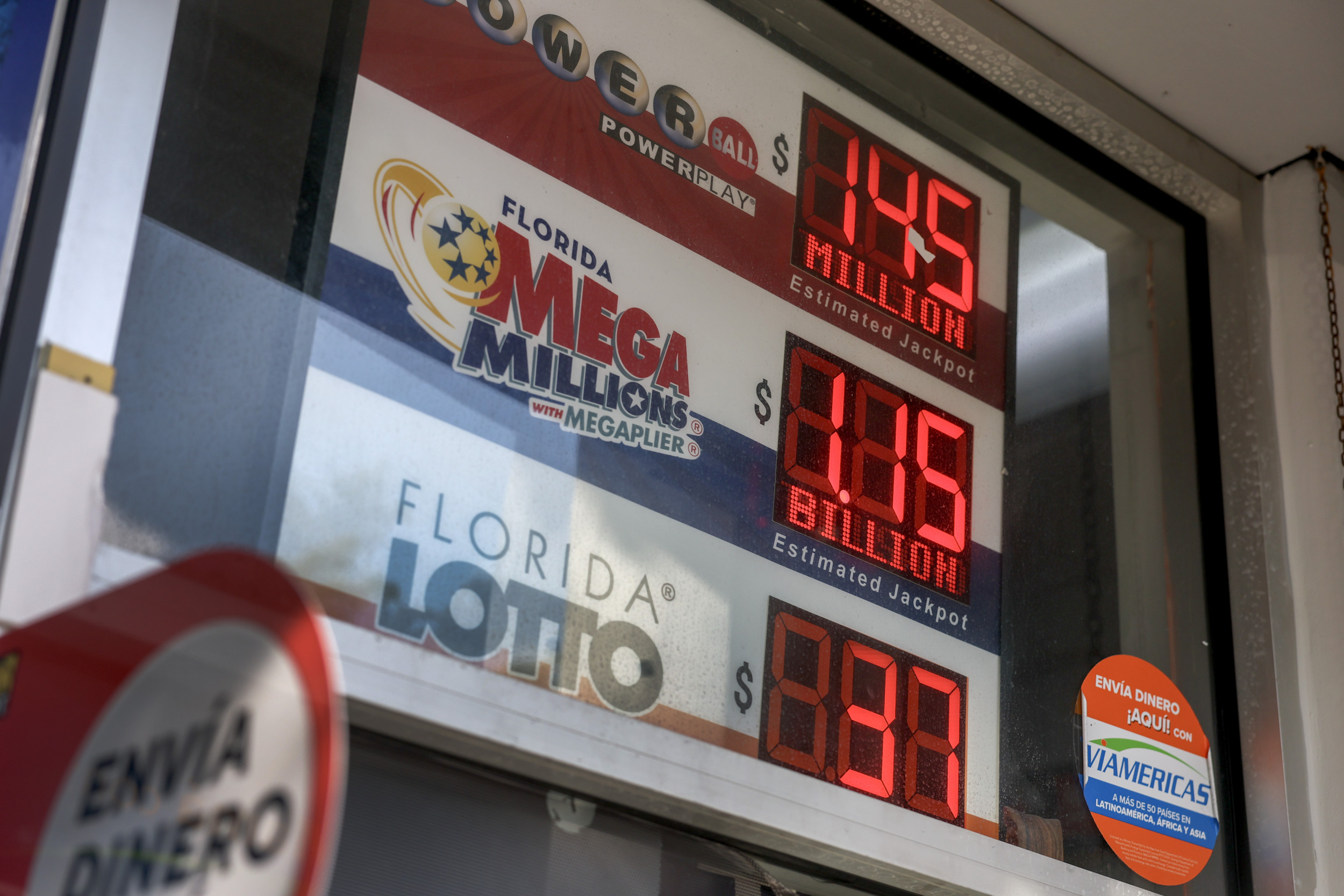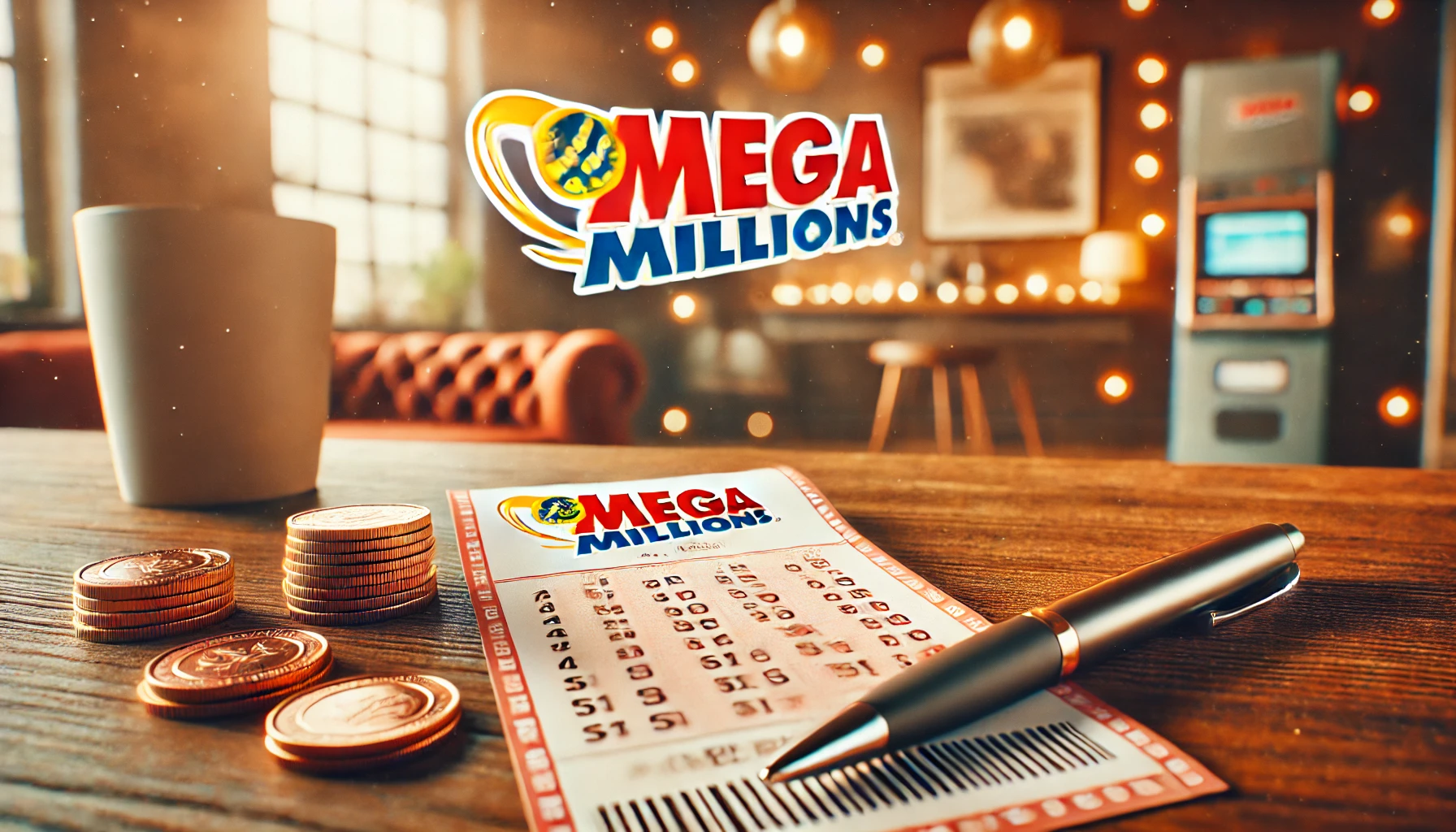Where Was The Winning Mega Ticket Sold? This question sparks intense curiosity and excitement after every major lottery draw. The location of a winning ticket isn’t just a piece of trivia; it’s a story of chance, community impact, and sometimes, even controversy. Tracking down the lucky retailer reveals a fascinating process involving secure data handling, precise geolocation technology, and a carefully orchestrated public announcement.
Lottery commissions employ sophisticated systems to record ticket sales, often using detailed databases that capture not only ticket numbers and purchase dates but also the precise location of the sale. This information is crucial not only for verifying winners but also for understanding sales patterns and trends. The process of identifying the winning ticket’s origin involves rigorous verification procedures to maintain integrity and protect the privacy of the winner.
Once confirmed, the announcement of the winning location often triggers a wave of excitement and economic activity in the surrounding area.
Lottery Ticket Sales Data
Understanding how lottery ticket sales data is collected, stored, and analyzed is crucial for comprehending where winning tickets are sold. This involves a complex system encompassing various data points and security measures.
Lottery Ticket Sales Data Collection and Storage
Lottery ticket sales data is typically collected through a combination of point-of-sale (POS) systems at retail locations and centralized databases managed by the lottery organization. POS systems record each transaction, capturing details like the ticket number, purchase date and time, location (store ID and physical address), and the amount paid. This information is then transmitted securely to the central database, often using encrypted connections.
The central database aggregates data from all sales locations, providing a comprehensive view of ticket sales across the entire lottery jurisdiction.
Data Formats for Recording Lottery Ticket Sales
Various data formats are used, including relational databases (like MySQL or PostgreSQL), flat files (CSV, TXT), and NoSQL databases. Relational databases offer structured storage and efficient querying, while flat files are simpler but less flexible. The choice of format depends on the lottery organization’s infrastructure and data management needs. A common approach involves a structured format like CSV, which is easily parsed and imported into a relational database for analysis and reporting.
Hypothetical Database Schema for Lottery Ticket Sales
A hypothetical database schema for storing lottery ticket sales information might include tables for tickets, sales transactions, locations, and potentially winners. The ‘transactions’ table would be the central hub, linking to other tables via foreign keys. Location data, including latitude and longitude coordinates, would enhance geographic analysis.
Sample Lottery Ticket Sales Database Table
| Ticket Number | Sale Date | Store Name | Address | Winning Status |
|---|---|---|---|---|
| 1234567890 | 2024-10-27 | Lucky Lotto | 123 Main St, Anytown, CA 91234 | Non-Winning |
| 9876543210 | 2024-10-27 | Quick Stop | 456 Oak Ave, Anytown, CA 91234 | Winning |
| 1357913579 | 2024-10-28 | Corner Mart | 789 Pine Ln, Anytown, CA 91234 | Non-Winning |
| 2468024680 | 2024-10-28 | Lucky Lotto | 123 Main St, Anytown, CA 91234 | Winning |
Geographic Location of Winning Tickets
Pinpointing the precise location of a winning lottery ticket sale is a critical process involving a combination of technological and procedural measures. Accuracy and security are paramount.
Determining the Precise Location of Winning Tickets
The precise location is determined through the POS system data at the point of sale. This data includes the store’s registered address and, increasingly, GPS coordinates. Lottery commissions verify this information with the retailer to ensure accuracy and prevent fraud. In some cases, surveillance footage may be reviewed to corroborate the sale.
Verification Processes Across Different Jurisdictions
Verification processes vary across jurisdictions. Some rely heavily on automated systems and electronic data transfer, while others may involve manual verification by lottery officials. Regardless of the method, rigorous checks and balances are in place to ensure the integrity of the process. Security protocols differ based on each jurisdiction’s specific regulatory framework and technological capabilities.
Security and Privacy in Handling Location Information, Where Was The Winning Mega Ticket Sold
Security and privacy are paramount. Location data is handled according to strict protocols to prevent unauthorized access and protect the identity of the winner. Data encryption, access control measures, and compliance with privacy regulations are crucial aspects of this process.
Challenges in Accurately Identifying Winning Ticket Sale Locations
- Technical malfunctions in POS systems.
- Inaccurate or outdated store address information.
- Potential for human error in data entry.
- Cases where tickets are purchased online or through third-party vendors.
Public Announcement of Winning Ticket Location
The timing and method of announcing the winning ticket’s location are carefully considered, balancing public interest with the winner’s privacy and security.
Lottery officials are still confirming the exact location where the winning Mega Millions ticket was sold, a detail eagerly awaited by hopeful players. Meanwhile, for those looking to celebrate responsibly, perhaps shedding a few pounds after a potential win might be in order, and many find success using helpful resources like Free Weight Loss Apps. The winning ticket location announcement is expected later today.
Timeframe Between Identification and Public Announcement

Source: newsweek.com
The timeframe between identifying a winning ticket and publicly announcing its location varies. It often takes several days or even weeks, allowing time for the winner to come forward and claim their prize, and for security protocols to be implemented.
Rationale Behind the Timing of Announcements

Source: techadigi.com
The delay allows for verification of the winning ticket and winner’s identity. It also gives the lottery organization time to prepare for the increased media attention and potential influx of customers to the selling location.
Media Channels Used to Disseminate Information
Announcements are typically made through press releases, official lottery websites, social media, and local news outlets. The specific channels used depend on the lottery jurisdiction and the scale of the jackpot.
Impact on the Community Where the Winning Ticket Was Sold
The announcement can generate excitement and positive publicity for the community. It may also lead to increased tourism and business for local establishments. However, it can also create challenges for the selling location.
Impact on the Selling Location
Selling a winning lottery ticket can have significant economic effects on a store, bringing both opportunities and challenges.
Potential Economic Effects
The store may experience a surge in foot traffic and sales as people flock to the location, hoping for similar luck. Media attention can boost the store’s reputation and attract new customers. However, the increased business may also strain resources and require additional staffing.
Increased Foot Traffic and Media Attention
The increased foot traffic can lead to higher sales of other products and services. Positive media coverage can enhance the store’s brand image and attract new customers even after the initial hype subsides. However, managing the influx of customers and media attention requires careful planning and execution.
Strategies to Capitalize on Positive Publicity
- Offer special promotions or discounts.
- Engage with customers on social media.
- Collaborate with local businesses for cross-promotion.
- Develop a marketing campaign highlighting the event.
Challenges Faced After Selling a Winning Ticket
- Increased workload and staffing demands.
- Security concerns and potential for theft or vandalism.
- Managing customer expectations and potential disappointment.
- Dealing with media inquiries and public attention.
Visual Representation of Winning Ticket Locations: Where Was The Winning Mega Ticket Sold
Mapping the geographic distribution of winning lottery tickets provides valuable insights into sales patterns and trends.
Map Illustrating Geographic Distribution
A map could depict the locations of winning lottery tickets over a specified period (e.g., the past year). The map’s projection would likely be a standard geographic projection (e.g., Mercator or Albers Equal-Area Conic), ensuring accurate representation of distances and areas. A color scheme could use varying shades of a single color to represent the frequency of winning tickets in a given area (e.g., darker shades indicating higher frequency).
The legend would clearly indicate the color-frequency relationship. Data sources would be the lottery’s official database of winning ticket sales.
Revealing Patterns and Trends
Visualizing winning ticket locations can reveal spatial clusters of winning tickets, potentially indicating areas with higher lottery ticket sales or other relevant factors. Identifying such patterns can inform future marketing strategies and resource allocation for lottery organizations.
Benefits and Limitations of Visual Representations
Visual representations provide a clear and intuitive way to understand complex spatial data. They can effectively communicate patterns and trends to both experts and the general public. However, interpretations should be cautious, considering potential biases in data collection or the limitations of the chosen map projection.
Final Review
The quest to uncover Where Was The Winning Mega Ticket Sold highlights the intricate interplay between chance, data management, and community impact. From the meticulous tracking of sales data to the strategic public announcement, the journey from winning ticket to revealed location is a captivating narrative that underscores the enduring allure of the lottery and its far-reaching consequences. The economic ripple effects on the selling location, often substantial, demonstrate the lottery’s capacity to transform a small business overnight.
The story, ultimately, is more than just a winning number; it’s a human interest story played out against a backdrop of statistical probability.
